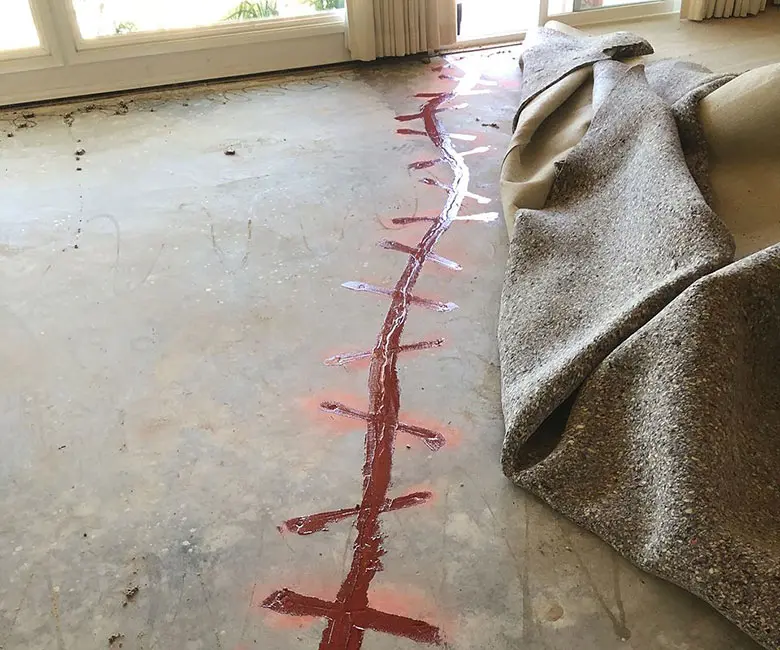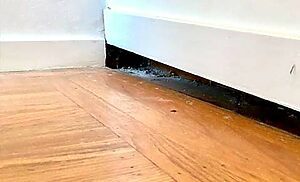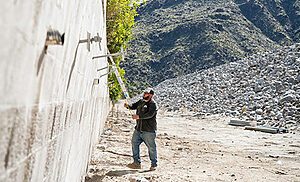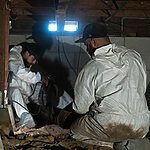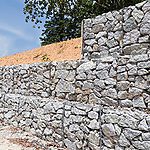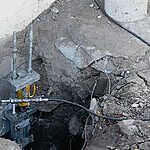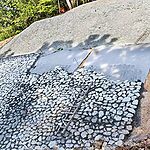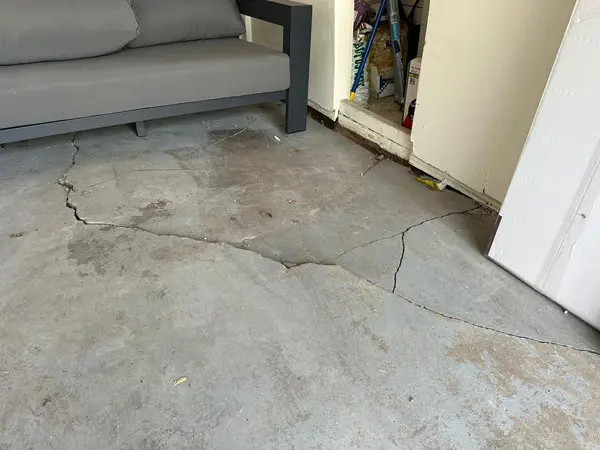
What Causes Concrete Cracks?
Various factors can cause cracks in concrete, but the most common cause is water. Concrete is made up of cement and aggregate, which form a strong bond when mixed with water. However, if the concrete fails to dry properly before exposure to extreme temperatures or weather conditions, or if too much water is used during the mixing process, it creates weak spots within the material that can easily crack and break apart over time.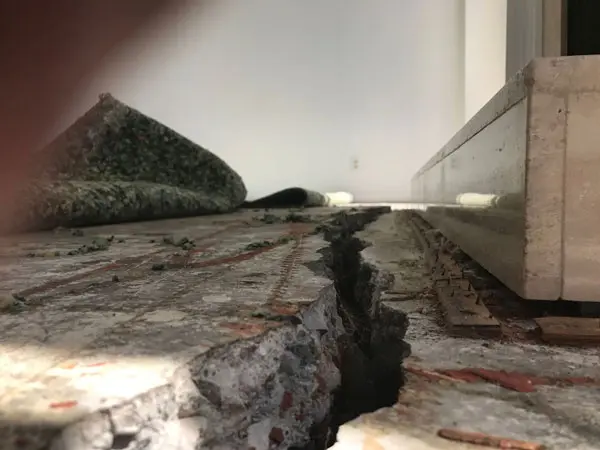
Concrete can also crack due to excessive loads on its structure, such as heavy vehicular traffic or dynamic forces like seismic events.
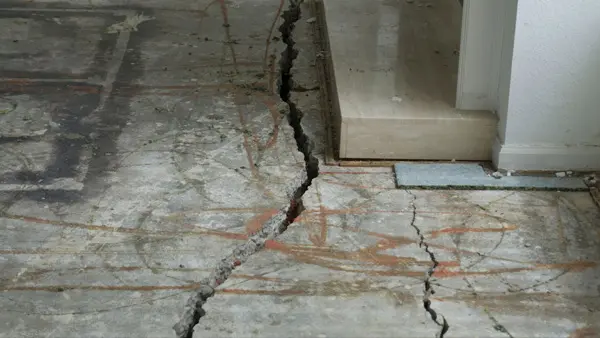
Other causes of concrete cracking include freezing temperatures, saltwater corrosion, improper compaction while pouring, and poor-quality materials used in construction.
Finally, impact from mechanical equipment or tools creating shock vibrations may also contribute to cracking in concrete surfaces.
Types of Concrete Cracks
There are several types of concrete cracks that can form, each with its causes and potential solutions. The most common type of crack is a shrinkage crack, which typically occurs during the curing process when the concrete shrinks as it dries. This type of crack often runs in a pattern and is usually relatively shallow.
Other kinds of cracks occur due to external forces, such as settlement cracks caused by soil movement or tension cracks caused by an uneven foundation or heavy loads on the surface.
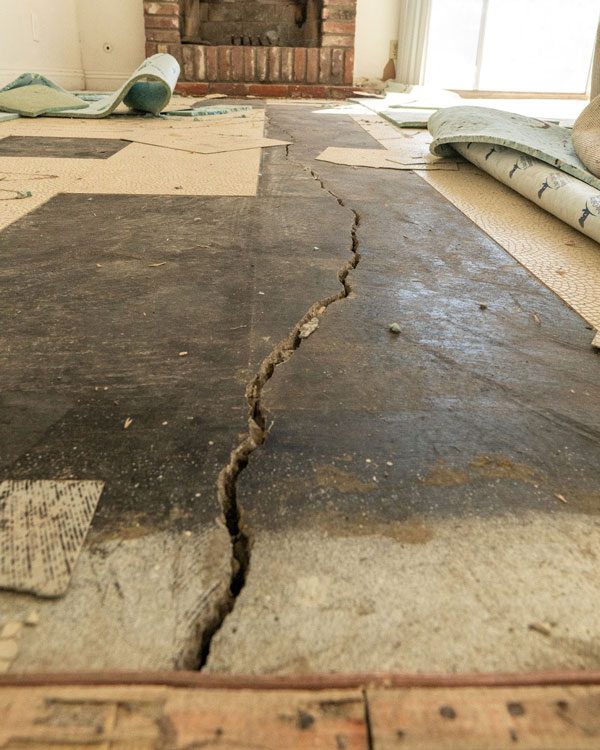
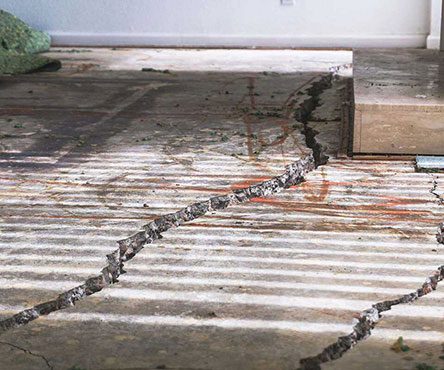
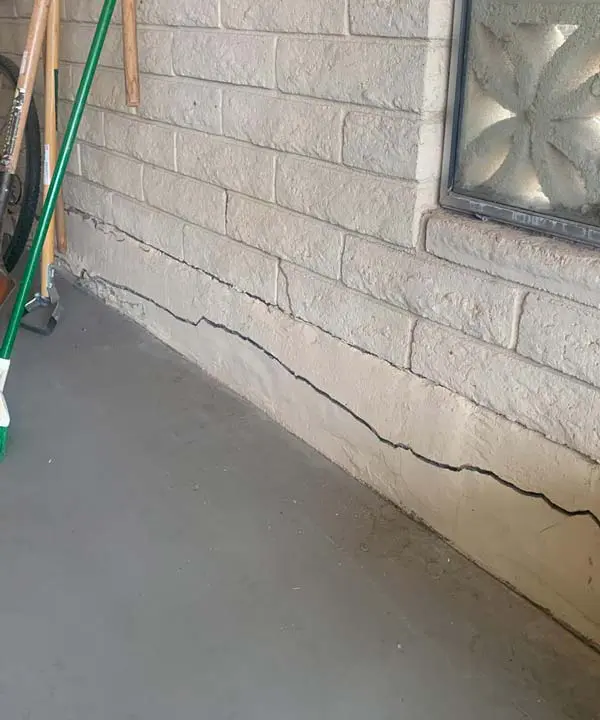
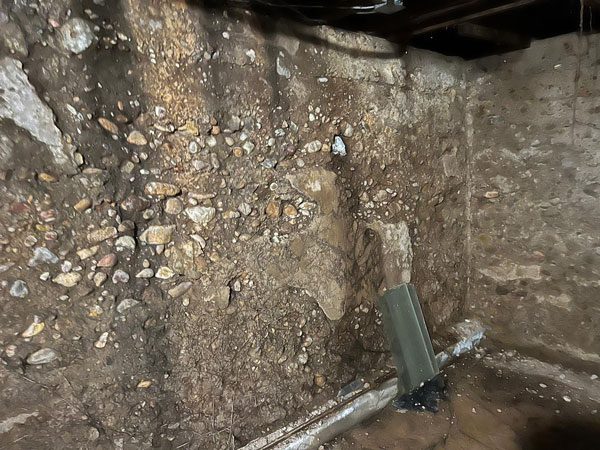
A fourth kind of crack is an expansion crack, caused by pressurized moisture pushing against the concrete from within. This type of crack often appears in basements and other below-ground structures and can be wide enough to be visible from the outside. Expansion cracks are also more likely to leak than other types, so they should be addressed quickly to prevent further damage.
Finally, spalling is another form of cracking where a chunk of concrete breaks off due to extreme changes in temperature or exposure to de-icing salts and chemicals. While this kind of damage is typically cosmetic rather than structural, it can still lead to more serious issues if left unchecked.
Importance Of Fixing Concrete Cracks
Concrete cracks need to be fixed because they can create safety hazards and cause further damage if left untreated. Cracks in concrete can cause trip hazards, which could lead to injuries and potential liability claims. Small cracks can also allow water to seep into the concrete, leading to more serious problems such as freeze-thaw damage, corrosion of reinforcing steel and scaling due to moisture expansion. In addition, larger cracks may become entry points for pests or even intruders.
How To Know When A Concrete Crack Is Serious?
One of the most obvious indications that a concrete crack is serious is if it runs along or across a joint or control joint. If it runs along a line in the concrete where two different sections meet, this indicates a structural issue that needs attention. Likewise, if there are deep cracks (over 1/4 inch wide) or long cracks (longer than 25% of the surface length), this is another sign of a more serious issue.
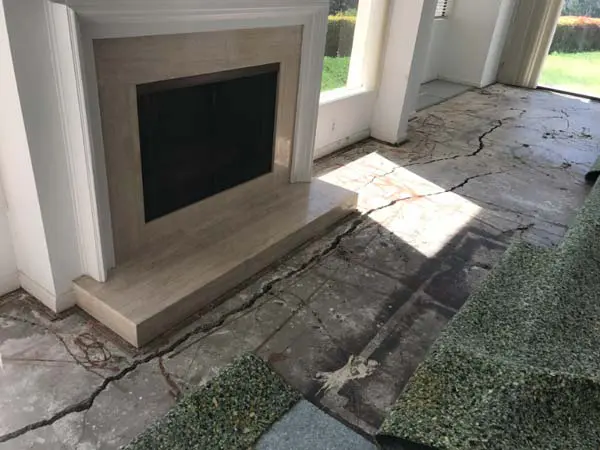
Another indication that a concrete crack may be more serious is if it continues to get larger over time. If it appears to widen at any rate, even over an extended period, this can indicate larger issues beneath the surface. In addition, if there are multiple cracks about ½ inch apart within the same area, this can also mean something deeper going on with the structure itself.
In some cases, water may seep out from the crack indicating an underlying problem with drainage or water infiltration into the substructure. This could also point towards a more serious issue than just cosmetic damage on the surface.
These are just some of the signs that may indicate that a concrete crack is serious and requires professional attention. It is important to note that even smaller cracks can cause further damage when left unchecked over time, so vigilant monitoring and regular inspection are vital.
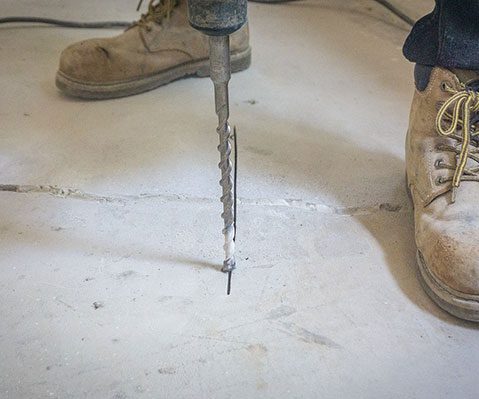
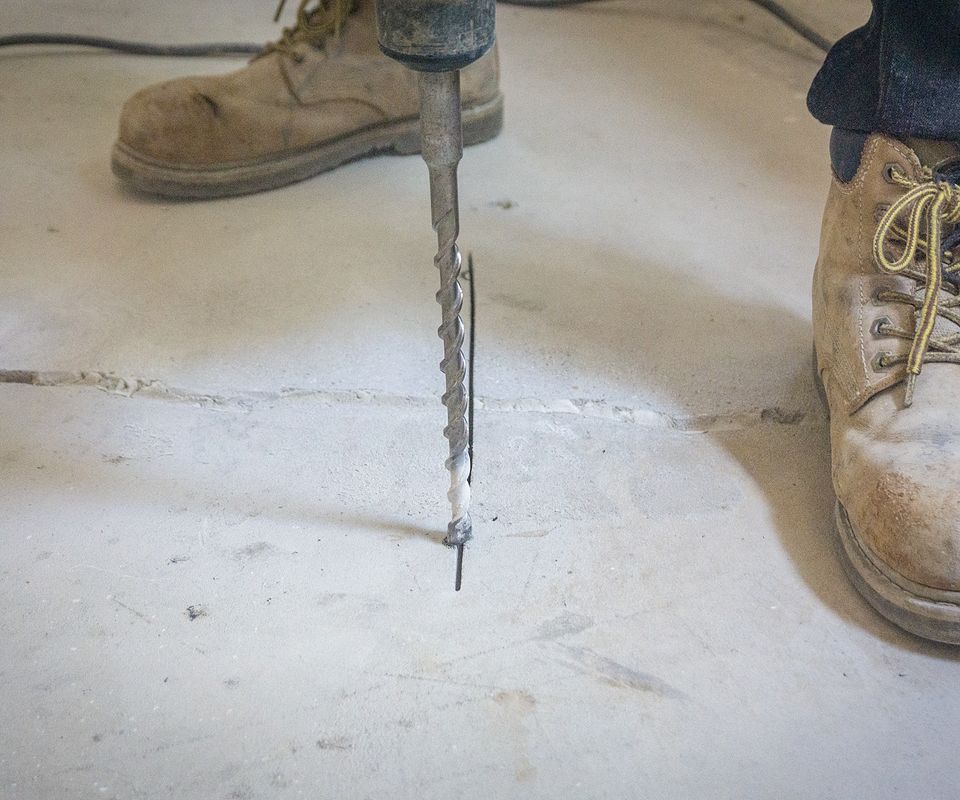
Types of Repairs
The type of repair will be unique to your concrete’s current situation. Let’s think of the crack as your car. If your car is misfiring or not running correctly, you wouldn’t change the tires and expect the problem to go away. The same goes for repairing a crack. You will need the correct fix based on the characteristics of the crack.
Gravity Fed Crack Repair
This type of repair is typically performed when a slab has cracked, but has no further signs of continued movement. This can be a typical fix for cracks in a slab after a foundation repair has been installed and completed. You can also see this repair once a soil densification treatment has been performed.
Polyurea Crack Repair
This repair is performed when the concrete has a strong potential to have continued movement. The polyurea allows for the crack to be filled, but also allow for flexibility and not allow for additional intrusion, whether it be water or insects. This repair is effective for existing concrete control joints within slabs.
Carbon Fiber Crack Stitching
This repair is similar to the gravity fed method, but we add carbon fiber staples inserted into the concrete perpendicular to the crack spaced every 12"-18". This repair will allow the crack to be "stitched" back together and will strengthen the crack itself. If any movement is to occur in the future, it will more than likely occur in another place than the area that has been stitched.
Removal and Replacement
If cracks have been neglected for an extended period of time or have experienced substantial widening than removal of the concrete and the crack will need to be performed, rather than dumping massive amounts of material and massive amounts of money into the existing crack. DO NOT let your concrete cracks get to this point. This repair is very disruptive and typically will take a week or 2 to be completed. This is definitely the last resort of repairs, but it is the correct repair if your cracked slab has widened to a point of no return.

